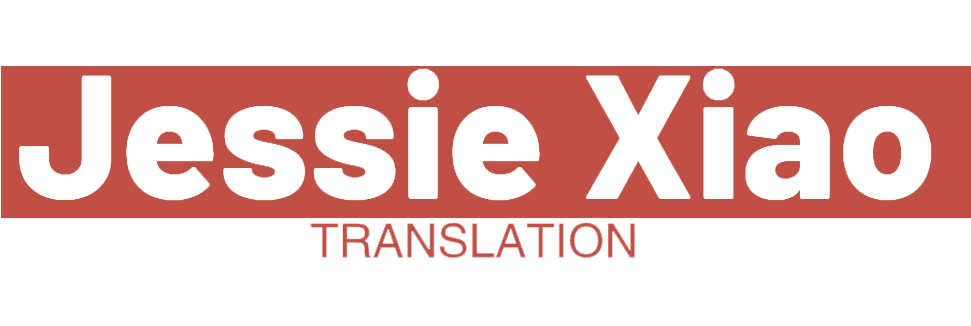In today's rapidly developing technological era, machine translation has become a part of our daily lives, with its efficiency and convenience being widely appreciated. However, despite its significant advantages in speed and coverage, machine translation still cannot fully replace human translation.
Firstly, machine translation has limited capabilities in understanding and processing complex contexts. Language is not just a combination of vocabulary and grammar; it also encompasses multiple elements such as culture, history, and emotions. When dealing with these elements, machine translation often fails to achieve the same level of depth and accuracy as human translation. For instance, when translating literary works like poetry and novels, machine translation struggles to capture the original flavor and emotions, whereas human translators, with their profound understanding of language, can perfectly convey the intended mood and sentiment to the reader.

Secondly, machine translation also faces challenges when dealing with specific fields and professional terminology. Each field has its unique jargon and expressions, which are difficult for machines to fully grasp. On the other hand, human translators can accurately understand and translate these terms through learning and accumulating professional knowledge. In highly specialized fields like medicine and law, the advantages of human translation become even more evident.
Moreover, human translation boasts flexibility and creativity. In the translation process, human translators can make flexible adjustments based on the context, resulting in more natural and fluent translations. Additionally, they can exercise creativity, adding new elements and styles to the translation. In contrast, machine translation often relies on fixed programs and algorithms, lacking such flexibility and creativity.
In conclusion, despite the significant role of machine translation in the translation field, it still cannot fully replace human translation. Human translators possess unique advantages in understanding and processing complex contexts, handling specific fields and professional terminology, as well as exhibiting flexibility and creativity. Therefore, in future translation work, machine translation and human translation will complement each other and develop together.
